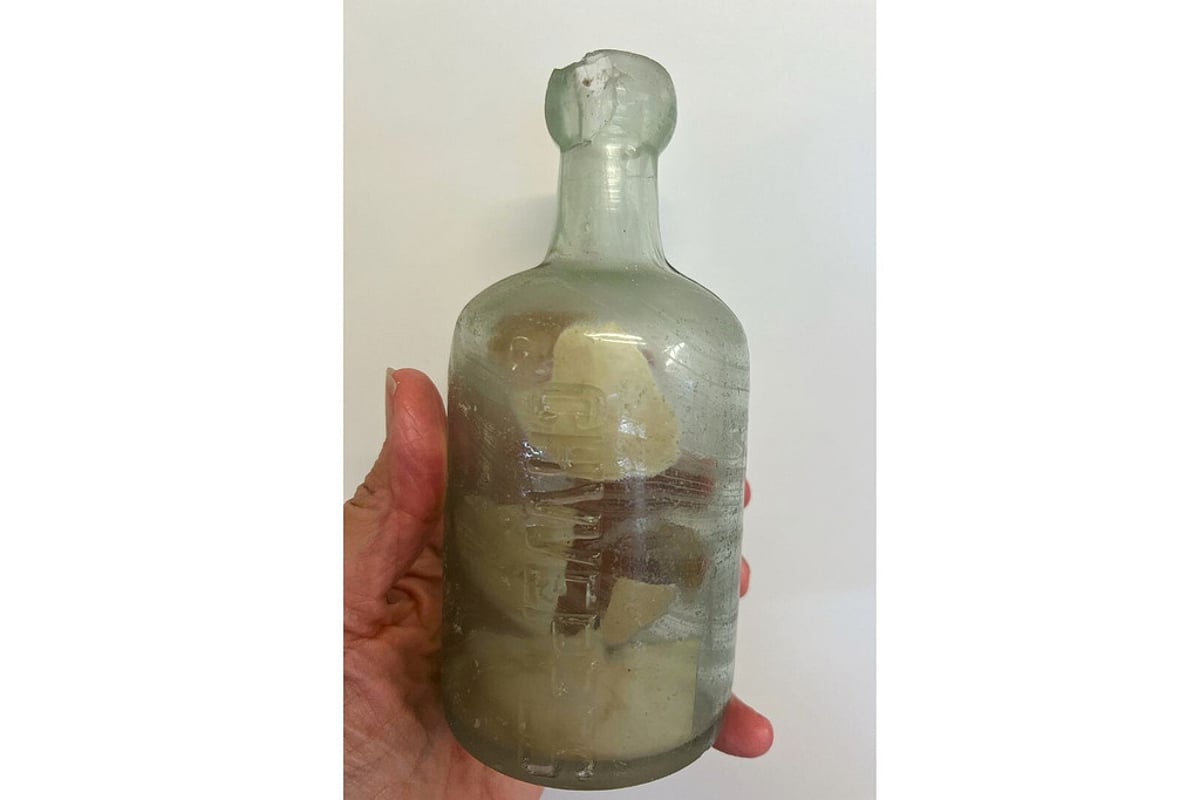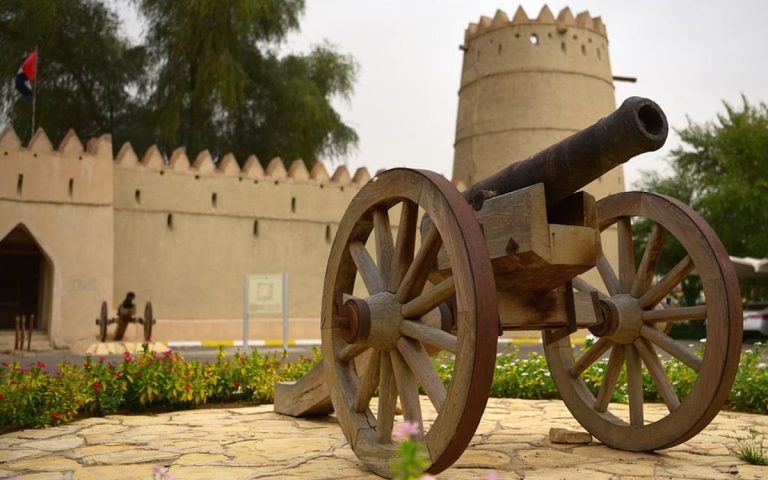WWI Messages in a Bottle Found on Australian Beach
A remarkable discovery has been made on the shores of Western Australia, where messages in a bottle from two Australian soldiers dating back to World War I were found. This unexpected find not only sheds light on the personal experiences of soldiers during the war but also connects their descendants to a poignant piece of history.
The Discovery
On October 9, 2023, Deb Brown and her family stumbled upon a Schweppes-brand bottle while cleaning Wharton Beach near Esperance. The family regularly engages in beach clean-ups, and during one of their excursions, they noticed the bottle lying just above the waterline. Deb Brown recounted, “We do a lot of cleaning up on our beaches and so would never go past a piece of rubbish. So this little bottle was lying there waiting to be picked up.”
The Contents of the Bottle
Inside the bottle were letters penned by Privates Malcolm Neville and William Harley, dated August 15, 1916. These soldiers had recently embarked on their journey from Adelaide, South Australia, aboard the troop ship HMAT A70 Ballarat, which set sail on August 12, 1916. Their mission was to reinforce the 48th Australian Infantry Battalion on the Western Front in Europe.
In his letter, Neville expressed a sense of enjoyment, stating, “I’m having a real good time, food is real good so far, with the exception of one meal which we buried at sea.” He also mentioned that he and his comrades were “Somewhere at Sea.” Harley, on the other hand, wrote, “may the finder be as well as we are at present,” and noted their location as “Somewhere in the Bight,” referring to the Great Australian Bight.
The Soldiers’ Fates
Tragically, the war had different outcomes for the two men. Malcolm Neville was killed in action just a year later, while William Harley survived despite being wounded twice. Harley passed away in 1934 from cancer, which his family believes was a result of being gassed during the war.
Neville’s letter included a request for the finder to deliver it to his mother, Robertina Neville, in Wilkawatt, South Australia, a town that has since become nearly deserted. Harley, whose mother had already passed away by 1916, allowed the finder to keep his note.
The Condition of the Bottle
Deb Brown speculated that the bottle had likely remained buried in the sand dunes for over a century, only to be exposed recently due to significant erosion from recent storms. Remarkably, the letters inside the bottle remained legible despite being wet. Deb noted, “The bottle is in pristine condition. It doesn’t have any growth of barnacles on it. If it had been at sea or exposed for that long, the paper would’ve disintegrated from the sun.”
Family Reactions
The discovery has left the families of both soldiers in awe. Ann Turner, Harley’s granddaughter, expressed her disbelief, stating, “We just can’t believe it. It really does feel like a miracle and we do very much feel like our grandfather has reached out for us from the grave.” Similarly, Herbie Neville, Malcolm’s great-nephew, reflected on the emotional impact of the find, saying, “It sounds as though he was pretty happy to go to the war. It’s just so sad what happened. It’s so sad that he lost his life.”
FAQs
What was the significance of the messages found in the bottle?
The messages provide a personal glimpse into the lives of Australian soldiers during World War I, highlighting their experiences and emotions as they prepared for battle.
How did the Brown family find the bottle?
The Brown family discovered the bottle while participating in a beach clean-up at Wharton Beach, where they regularly collect trash to help maintain the environment.
What happened to the soldiers who wrote the letters?
Malcolm Neville was killed in action a year after writing his letter, while William Harley survived the war but later died from cancer believed to be caused by wartime exposure to gas.
Conclusion
The discovery of these letters offers a poignant reminder of the personal stories behind historical events. As the families of the soldiers reconnect with their past, they are reminded of the sacrifices made during the war. This find not only preserves history but also fosters a deeper understanding of the impact of World War I on individuals and their families.
Also Read:
TruBroker Celebrates One Year of Impact in UAE Real Estate







